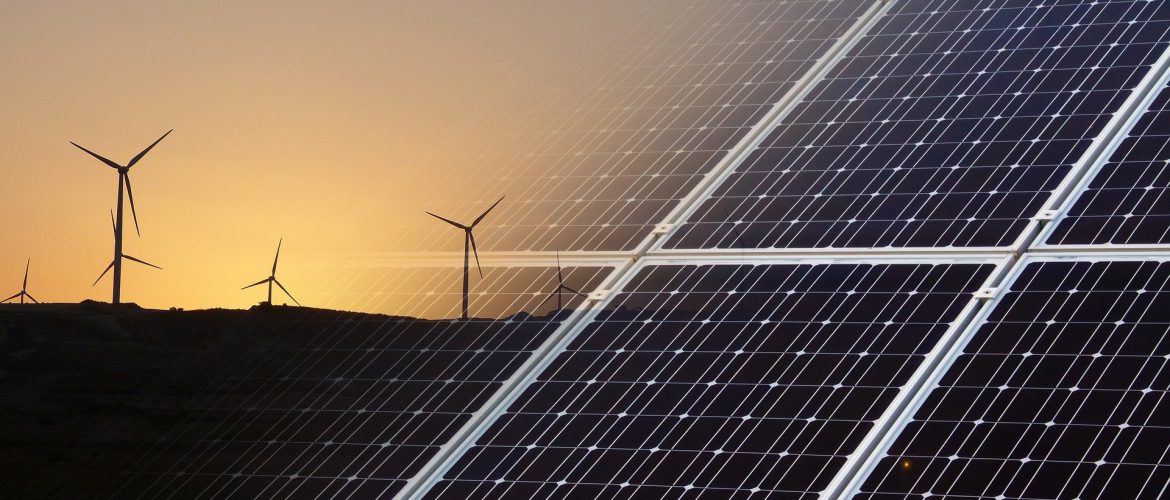According to the latest data from ADMIE for Greece (July 2021):
After the dominance of RES (mainly wind and solar) in the first 5 months of 2021 in the energy mix, fossil fuels took over in June and July accounting for the greatest share of electricity production. Specifically in July, fossil fuels (fossil gas 43% and lignite 8%) covered 51% of the electricity demand, while RES and large hydro covered 36%.
Even though RES remained high in July, achieving the second highest monthly production of the decade, fossil fuel production increased significantly (mainly fossil gas production), exceeding the RES share for the first 7 months of the year.
Overall, for the first 7 months of 2021, RES and large hydro had a share of 43%, compared to 37% of fossil gas, 11% of lignite and 10% of net imports.
Lignite power production in the first 7 months of 2021 remains lower than in the same period of 2020, contrary to the upward trend in most of the EU lignite-producing countries, mainly due to fossil gas prices. It is also interesting to note that RES have marginally the largest percentage increase among the major energy sources.
Overall, the changes compared to the first 7 months of 2020 were as follows:
Lignite: -2%
Fossil gas: +13%
RES: +14%
Large hydro: +91%
Net imports: -52%
Finally, there is a significant correlation between the increase in the share of fossil fuels and the increase in electricity demand in June and July. In conclusion, and taking into account the high production from RES in July (compared to previous months), the decrease in the share of RES in the electricity mix can be partially attributed to the large increase in demand during the first 2 summer months which in turn occurred due to the tourist season combined with the heat waves that occurred during the same period.
The latter can also be considered as a strong signal for the need of:
- Rapid increase of the installed renewable capacity with simultaneous development of considerable energy storage to achieve higher renewable energy penetration
- Energy efficiency improvement to reduce electricity demand, especially during the summer months
As such, Greece will not only reduce greenhouse gas emissions contributing to the mitigation of the effects of the climate crisis, but will also help το reduce the electricity generation cost, especially when taking into account the carbon price of the EU ETS, which a few days ago surpassed for the first time 60 Euros/ton CO2 eq and is expected to increase in the coming years.




















































































































































































































































































































